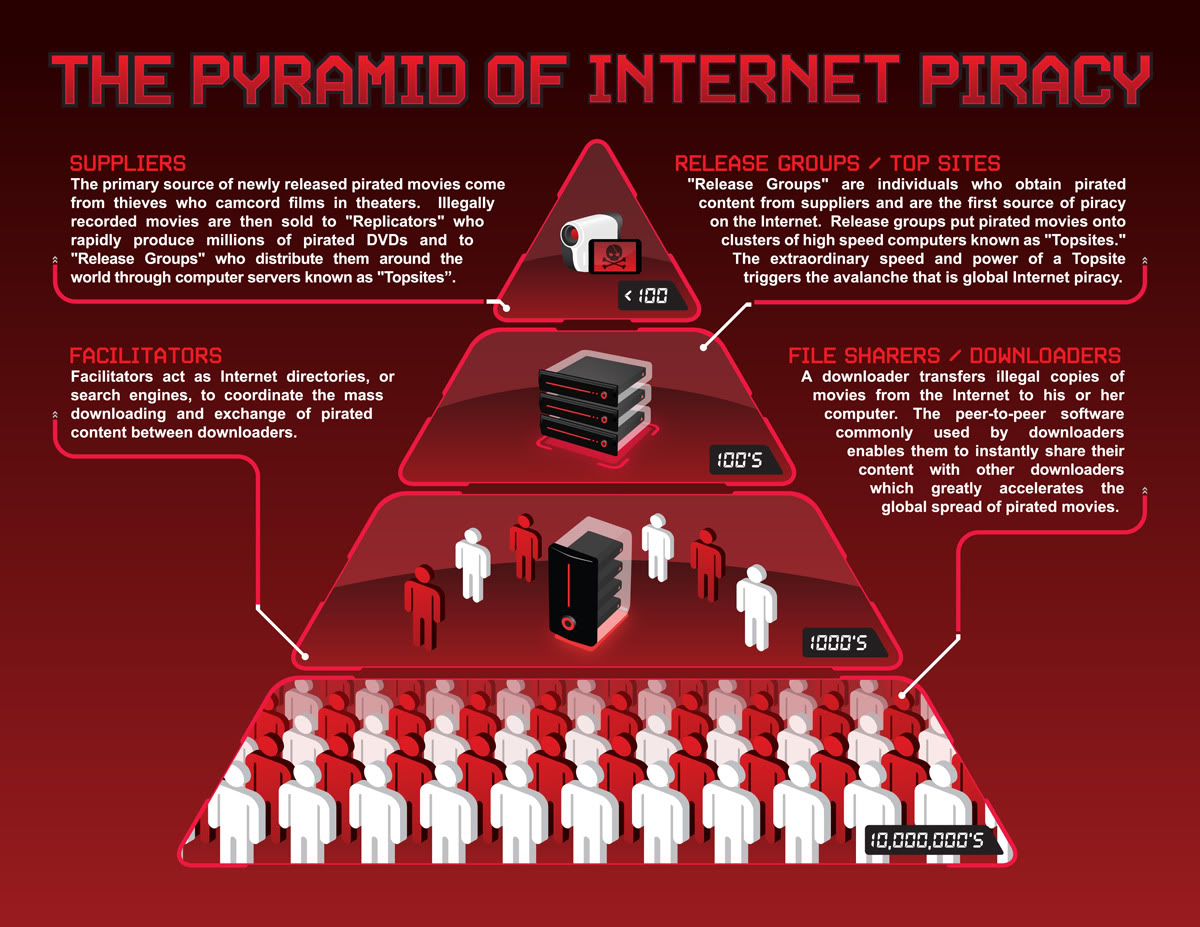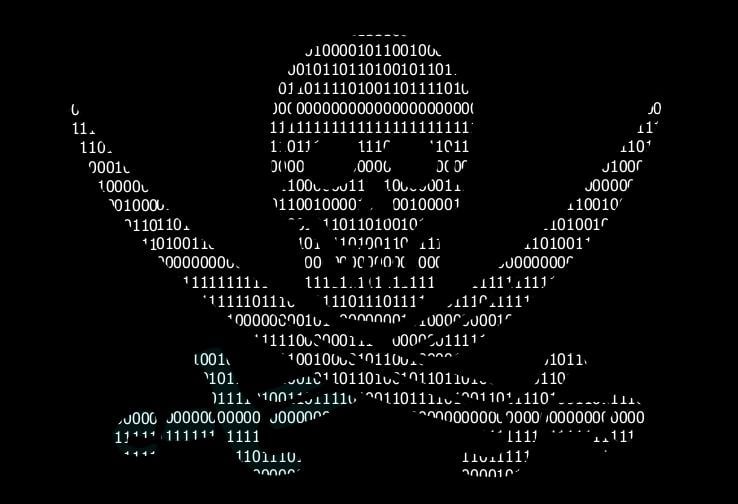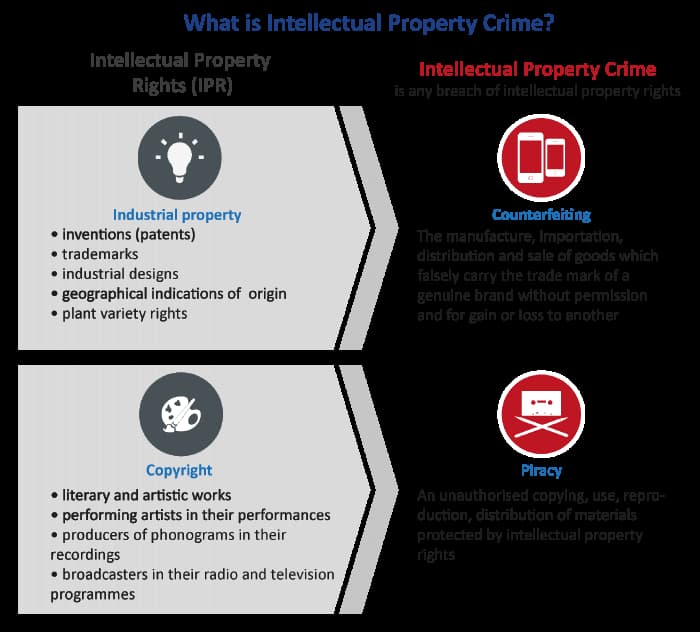Let’s get real here, folks. Piracy sites have become like the elephant in the room—everyone knows they exist, but not everyone fully understands their impact. Whether you're streaming movies, downloading music, or grabbing software for free, these platforms are tempting, right? But hold up—there’s a lot more to the story than just "free stuff." If you’ve ever wondered about the legality, risks, and consequences of piracy sites, you’ve come to the right place.
Now, before we dive deep into the nitty-gritty, let me break it down for you. Piracy sites are basically online hubs where copyrighted content is shared without permission from the original creators or owners. Sounds simple enough, but the ripple effects of using such platforms can be far-reaching. From legal troubles to malware attacks, there's a lot to unpack.
Here’s the deal: piracy isn’t just about saving money. It’s about ethics, legality, and the future of creative industries. So, if you’re curious about what makes piracy sites tick and how they affect both users and creators, stick around. We’re about to spill the tea on everything you need to know.
Read also:Duane Chapman The Man Behind The Myth
What Are Piracy Sites, Exactly?
Alright, let’s start with the basics. Piracy sites are websites that host or facilitate the sharing of copyrighted content without the owner's consent. These platforms can range from movie streaming sites to torrent download hubs, and even eBook repositories. The common thread? They all offer content for free—or at least, that’s what they claim.
These sites often use peer-to-peer (P2P) networks to distribute files, which means users share content directly with each other rather than downloading from a central server. This decentralized approach makes it harder for authorities to shut them down, but it also increases the risk of malware and viruses creeping into your system.
Why Do People Use Piracy Sites?
Let’s face it, people turn to piracy sites for a variety of reasons. Some do it because they can’t afford legitimate services, while others simply don’t want to pay. Here’s a quick rundown of the most common motivations:
- Cost savings: Many users see piracy as a way to access premium content without spending a dime.
- Immediate access: Some piracy sites offer new releases or exclusive content before it becomes available on legal platforms.
- Geographical restrictions: People in certain regions may not have access to specific content legally, so they turn to piracy as an alternative.
- Lack of awareness: Believe it or not, some users don’t even realize they’re engaging in illegal activity.
How Do Piracy Sites Operate?
Behind the scenes, piracy sites function like a well-oiled machine—or maybe more like a chaotic rollercoaster. They rely on a combination of P2P networks, cloud storage, and even dark web connections to distribute content. Here’s how it typically works:
First, users upload files to the platform, which are then shared with others through a network of peers. These files are often stored on servers located in countries with lax copyright laws, making it difficult for authorities to take action. To top it off, many piracy sites use ad revenue or subscription models to stay afloat, which means they’re not just doing it for fun—they’re making bank.
The Role of Torrents
Torrents are one of the most popular methods used by piracy sites to distribute content. Think of torrents as a digital puzzle where each piece is shared by multiple users. When you download a torrent file, you’re essentially grabbing bits and pieces from other users who already have the file. It’s a clever system, but it comes with its own set of risks.
Read also:Diana Jean Lovejoy The Iconic Figure Who Left A Mark In History
The Risks of Using Piracy Sites
Now, here’s the part where we talk about the elephant in the room: the risks. Sure, piracy sites might seem harmless on the surface, but there’s a lot more going on beneath the hood. Let’s break it down:
- Legal consequences: Using piracy sites is illegal in most countries, and getting caught can lead to hefty fines or even jail time.
- Malware and viruses: Many piracy sites are loaded with malicious software that can infect your device and compromise your personal data.
- Privacy concerns: Some piracy sites track your activity and sell your data to third parties, leaving you vulnerable to identity theft.
- Quality issues: The content you download might be incomplete, corrupted, or even fake, leaving you with nothing but frustration.
And let’s not forget the ethical implications. By using piracy sites, you’re essentially robbing creators of their hard-earned income. Is that really worth it?
How to Spot a Piracy Site
Not all websites are created equal, and that’s especially true when it comes to piracy. So, how can you tell if a site is legit or not? Here are a few red flags to watch out for:
- Unusual domain names or misspellings (e.g., "movi3s.com" instead of "movies.com").
- Overwhelming amounts of ads or pop-ups.
- Requests for personal information or payment details.
- Lack of transparency about the source of the content.
Trust your gut—if a site feels sketchy, it probably is. Always double-check before clicking that download button.
The Impact of Piracy on the Creative Industry
Piracy isn’t just a problem for individual users—it has a massive impact on the creative industry as a whole. Filmmakers, musicians, authors, and software developers all rely on revenue from their work to survive. When people use piracy sites, they’re essentially cutting off the lifeline for these creators.
According to a report by the Motion Picture Association, global losses due to piracy are estimated to be in the billions of dollars each year. That’s a lot of money that could have gone toward funding new projects, paying salaries, and supporting emerging talent. By choosing legal options, you’re not just protecting yourself—you’re supporting the people who bring you the content you love.
How Creators Are Fighting Back
The good news is that creators and industry leaders are taking action against piracy. From implementing digital rights management (DRM) technologies to filing lawsuits against major piracy sites, they’re working hard to protect their intellectual property. Some platforms, like Netflix and Spotify, are even offering affordable subscription models to make legal content more accessible to everyone.
Alternatives to Piracy Sites
So, what’s a content lover to do if they want to stay on the right side of the law? Luckily, there are plenty of legal alternatives to piracy sites. Here are a few options to consider:
- Streaming services: Platforms like Netflix, Hulu, and Amazon Prime offer a wide range of movies and TV shows for a reasonable monthly fee.
- Music streaming: Services like Spotify, Apple Music, and Tidal provide access to millions of songs without the need for downloads.
- Free trials: Many legitimate platforms offer free trials or discounted rates for new users, so you can test the waters before committing.
- Public domain content: If you’re looking for older movies or books, there’s a wealth of public domain material available for free.
With so many options available, there’s really no excuse to resort to piracy.
How to Stay Safe Online
Whether you’re browsing the web or downloading content, staying safe online should always be a priority. Here are a few tips to help you avoid the pitfalls of piracy:
- Use reputable antivirus software to protect your device from malware.
- Be cautious when clicking on links or downloading files from unknown sources.
- Keep your operating system and software up to date to patch security vulnerabilities.
- Read reviews and do your research before using any new platform.
By taking these precautions, you can enjoy your favorite content without putting yourself at risk.
Legal Consequences of Piracy
Let’s talk about the elephant in the room again—legal consequences. Using piracy sites isn’t just unethical; it’s illegal. Depending on where you live, the penalties for piracy can range from fines to criminal charges. In some cases, individuals have even faced jail time for distributing copyrighted material.
And it’s not just individuals who are at risk—businesses that use pirated software or content can face hefty fines and damage to their reputation. The bottom line? It’s not worth it. Stick to legal options and avoid the headache altogether.
What Happens If You Get Caught?
Getting caught using a piracy site can have serious repercussions. Here’s what you might face:
- Fines ranging from hundreds to thousands of dollars.
- Criminal charges, especially if you’re distributing content to others.
- Damage to your reputation, both personally and professionally.
- Potential lawsuits from copyright holders.
Don’t let curiosity get the better of you. Always choose the legal route.
Final Thoughts: Is It Worth It?
Let’s wrap things up with a quick recap. Piracy sites might seem like an easy way to access free content, but the risks far outweigh the rewards. From legal consequences to malware attacks, the dangers are real—and they’re not worth it. By choosing legal alternatives, you’re not only protecting yourself but also supporting the creators who bring you the content you love.
So, what’s the takeaway? Be smart, stay safe, and always opt for legal options. And if you found this article helpful, don’t forget to share it with your friends. Together, we can make the internet a safer, more ethical place for everyone.
Table of Contents


